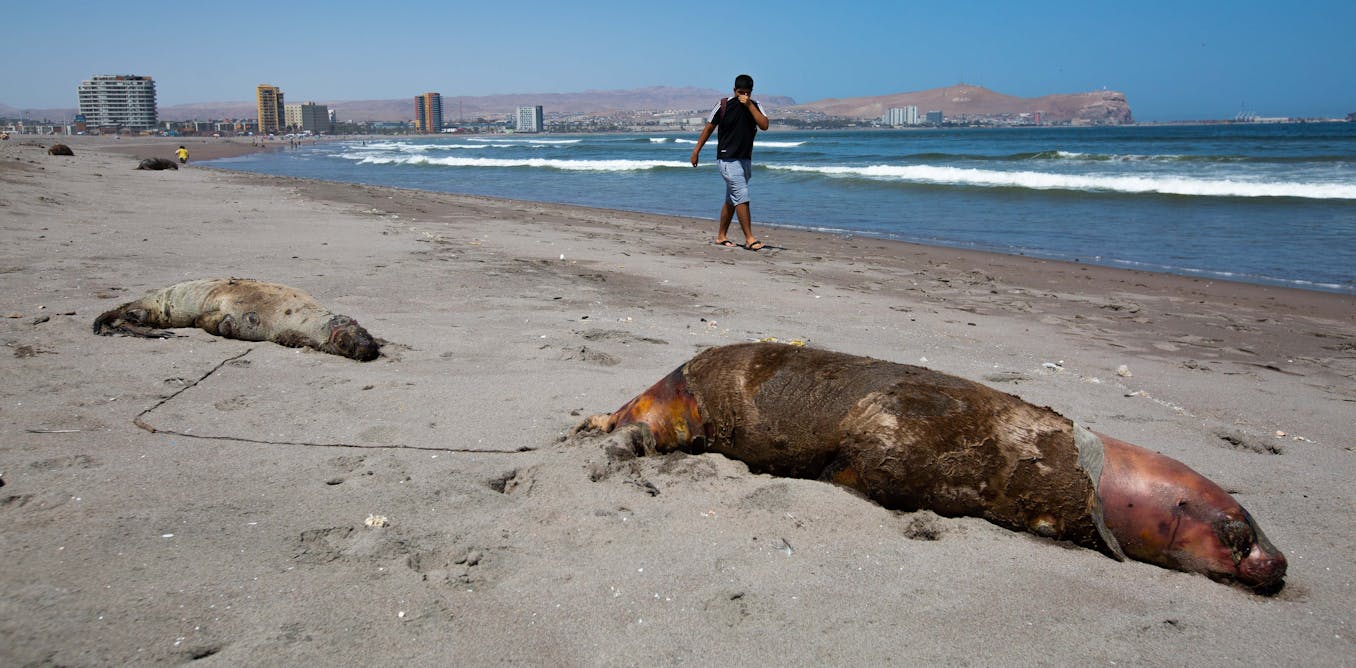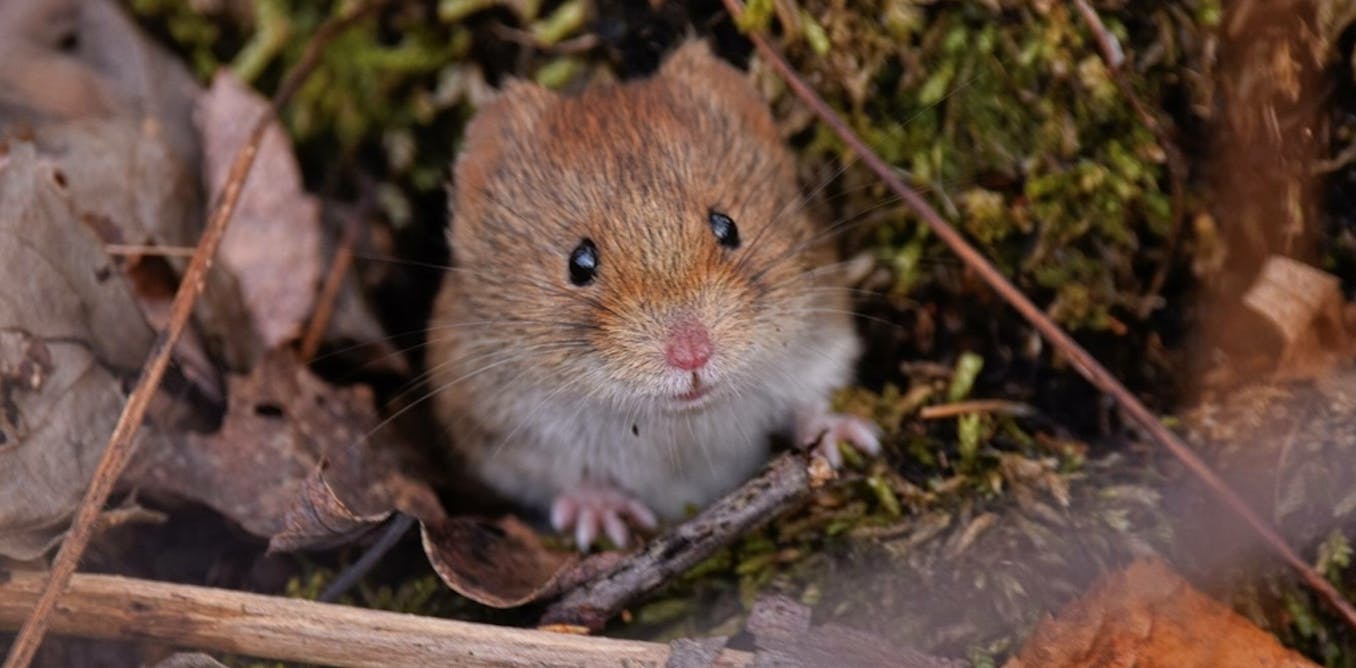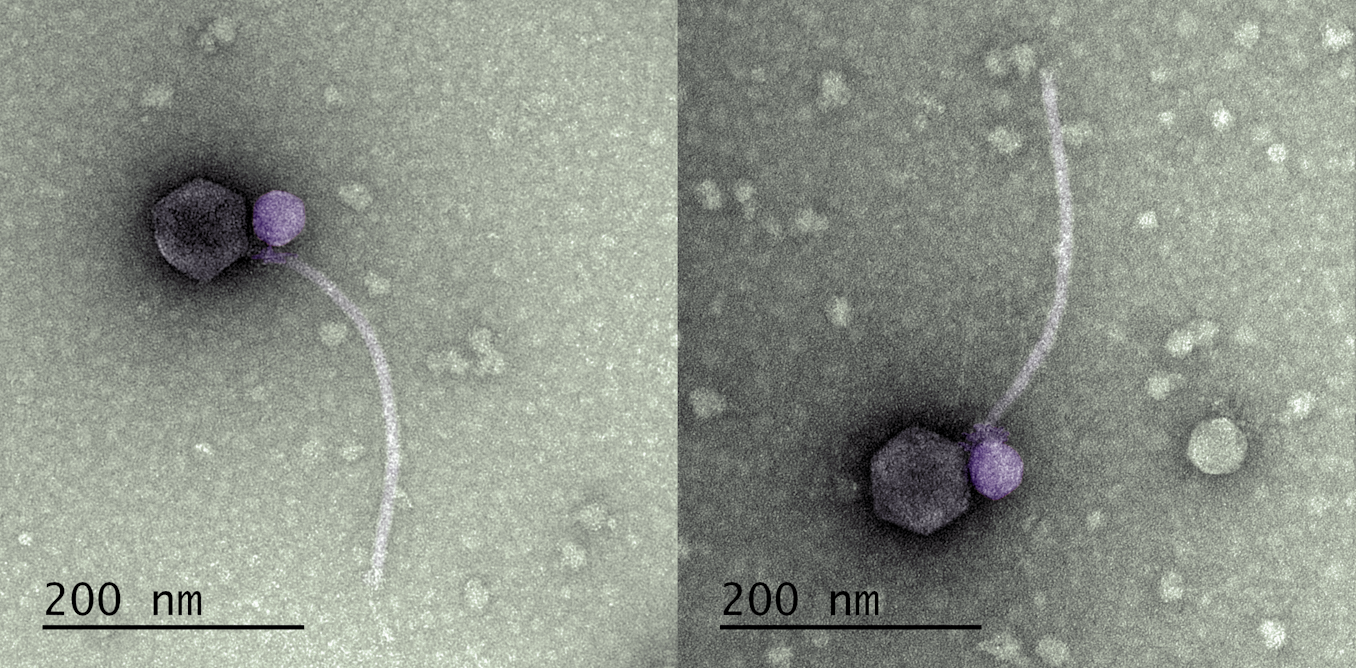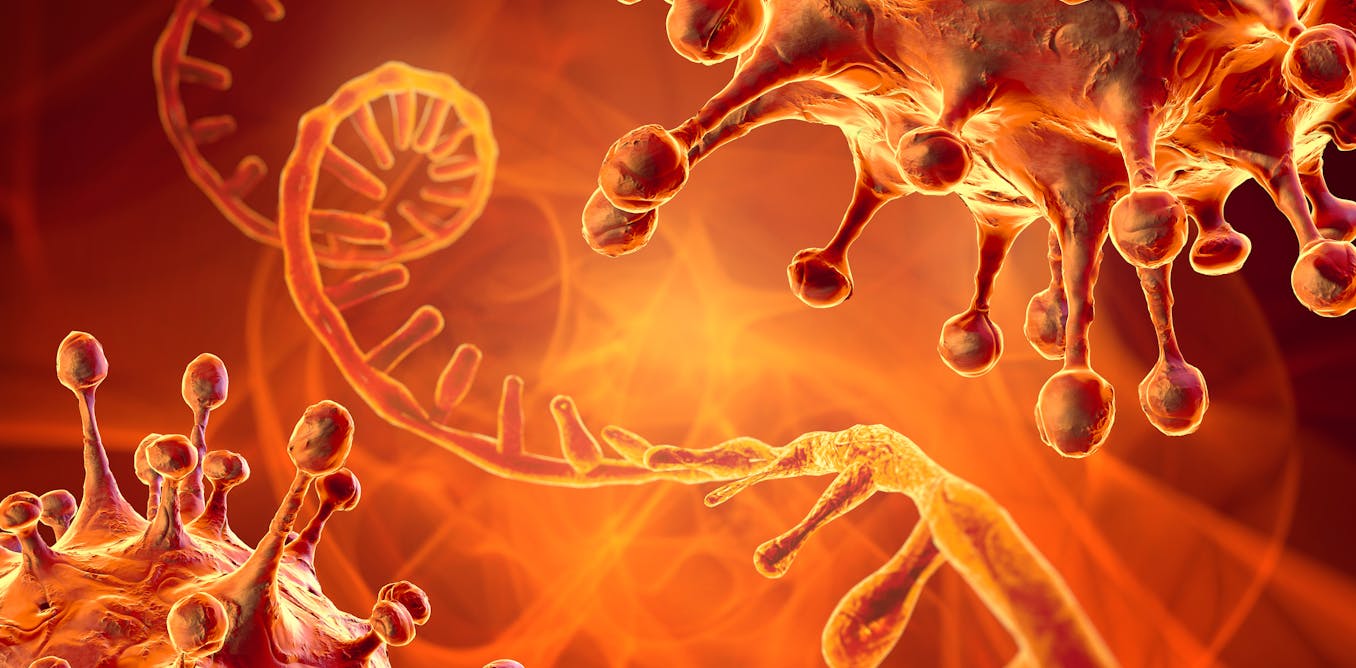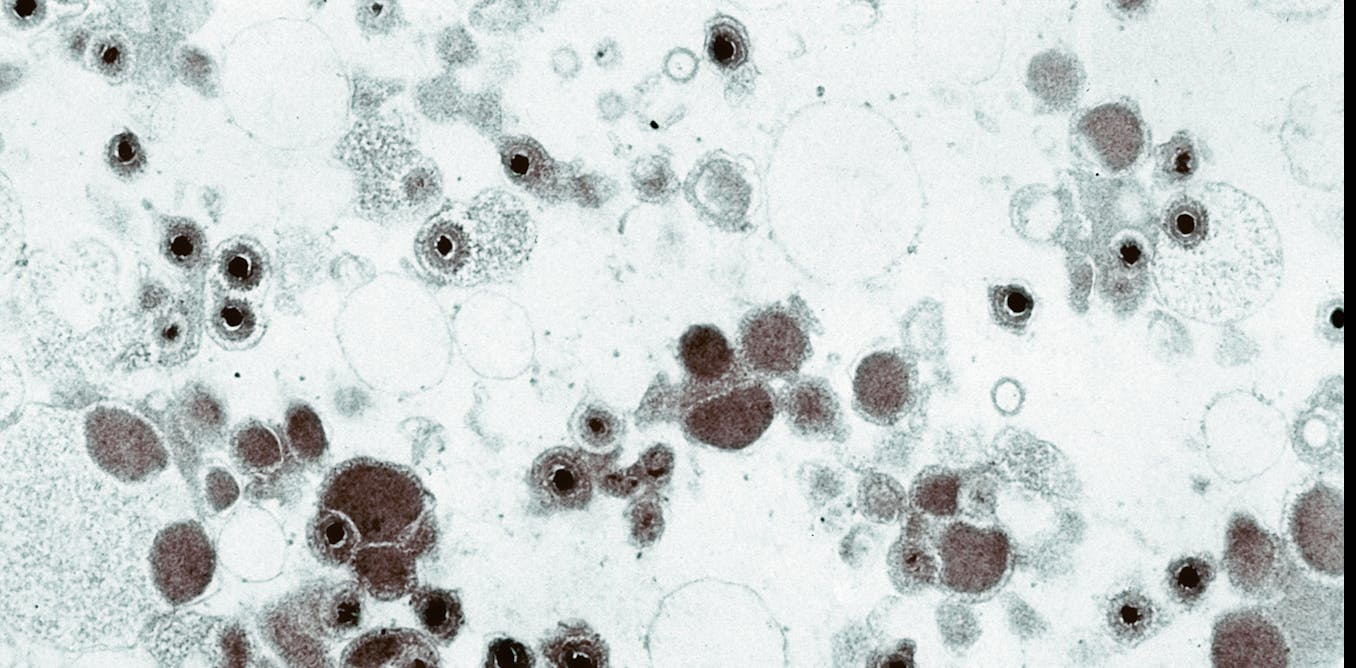How bird flu virus fragments get into milk sold in stores, and what the spread of H5N1 in cows means for the dairy industry and milk drinkers
Five livestock experts who study infectious diseases in the dairy industry explain the risks.
yesterday • ~9 min


